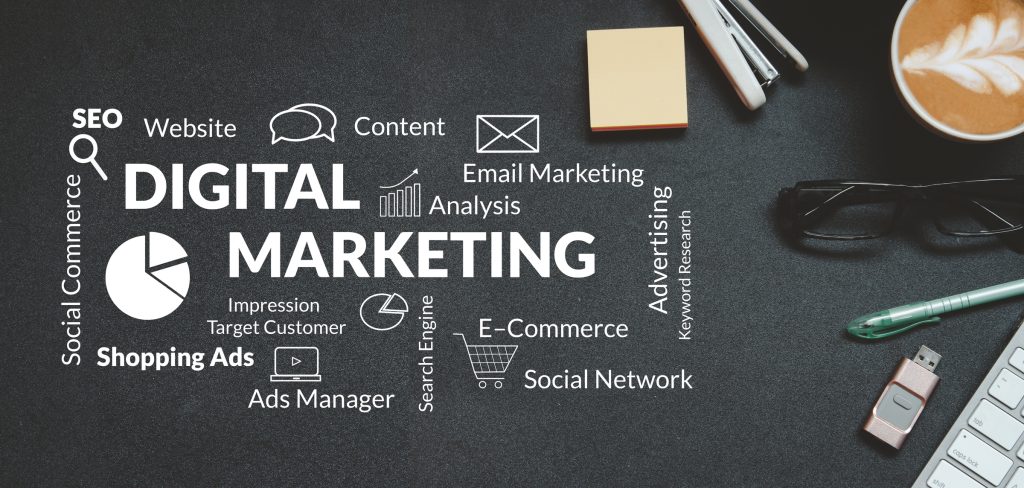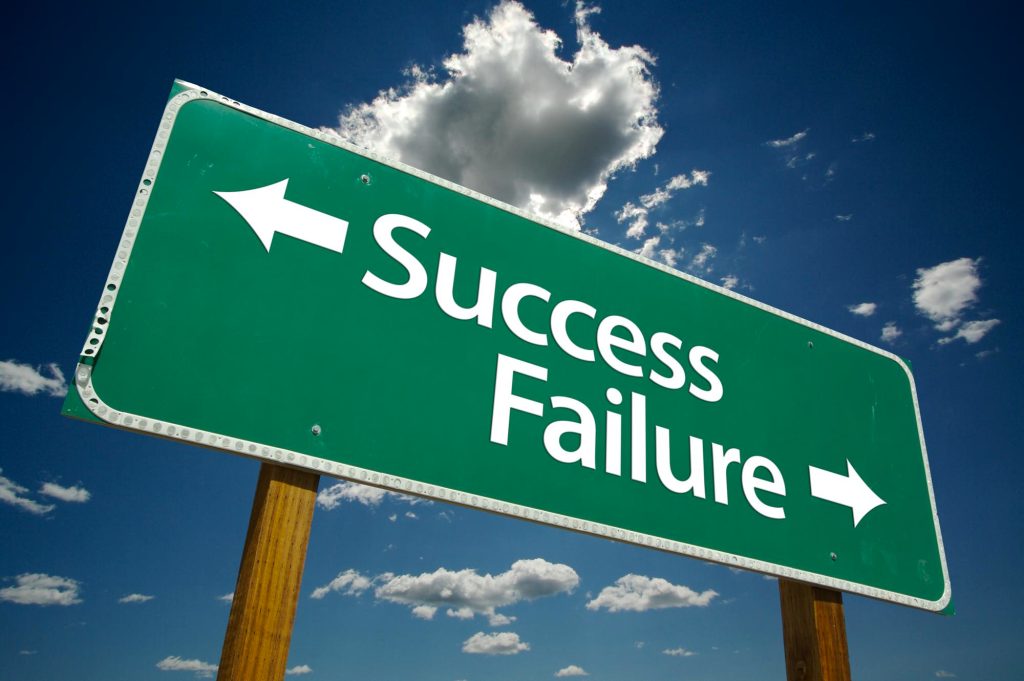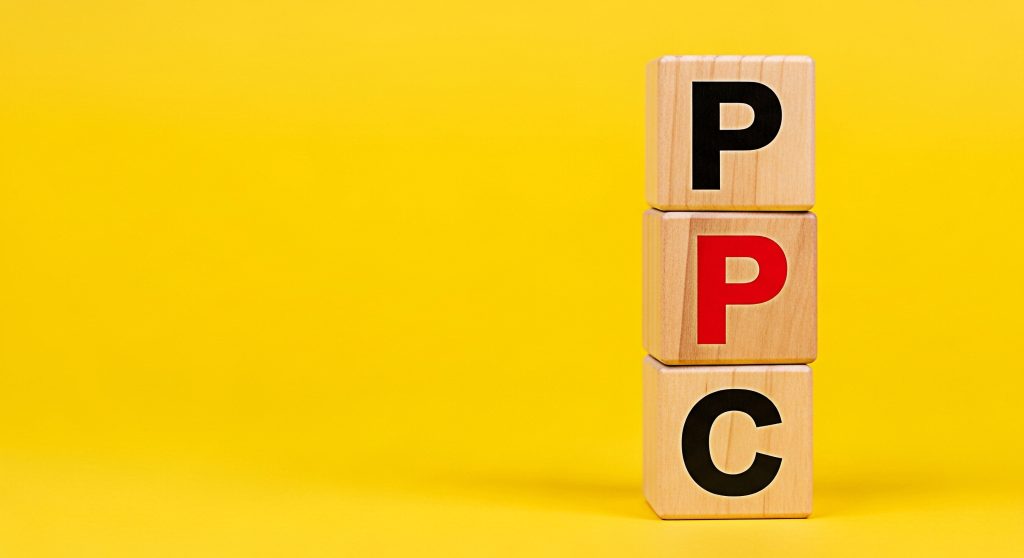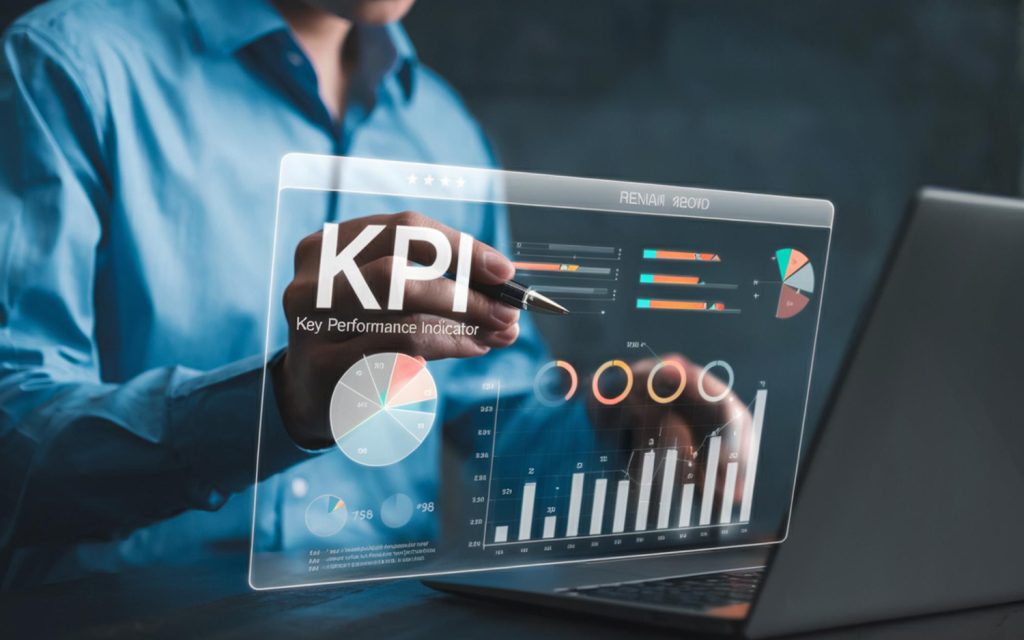One option that has fallen in popular estimation in recent years is pay-per-click advertising. With the rise of configurable ad blockers and a rise in UX standards that has left people considerably more likely to notice when an ad appears, you’ll find plenty of digital marketing enthusiasts ready to declare PPC a digital dead end.
But not so fast! Not only is PPC far from dead, but it’s actually necessary for all well-rounded ecommerce brands. And in this piece, I’m going to give you some reasons why: 11, to be exact. Why don’t we get started?
1: It supports time-sensitive offers
Tactics that work through generating and exploiting fear of missing out (FOMO) are central to the entire marketing world. Given almost-unlimited options for buying, prospective customers need to be motivated to act immediately or they might never act at all, instead consistently deferring their final decisions.
Whenever you open up a promotional email to see a countdown clock, or see something on a product page that says “Hurry! Just 3 left in stock!”, you’re encountering FOMO in action — and PPC advertising is perfect for some frantic selling. The moment you put a FOMO offer live, you can have PPC ads being delivered. No lag, no delay, no complications. That might not sound like much, but if you’re facing off with competitors selling comparable products, being able to get more out of FOMO will give you a significant edge.
2: It’s reliably cost-effective
Everything boils down to ROI — what you get versus what you put in — and PPC, when used well, always delivers. Since you’ll mostly be paying per click (hence the name) and not per impression, it’s just a matter of figuring out how much a click if worth to you. Give it a value, set your campaign to never spend more than that to acquire a click, and you’ll have a setup that will never lose you money.
3: It’s completely customisable
Within the confines of the platform you’re using (the character limit, the available fields, the content restrictions), you have total control over your ads with PPC. You don’t just get to choose the text and the imagery — you get to be incredibly in-depth with your segmented targeting.
If you want to only target women over 50 who live within a particular community, you can do it. And if you want to target men under 30 who have liked a specific Facebook page, that’s also doable. With PPC, you’re not just creating marketing materials and casting them out into the world with nothing but a hope that they’ll end up in the right hands — you’re hand-picking the hands they find.
4: It’s consistently relevant
Using positive and negative keywords, as well as other factors you feel like including, you can ensure that the traffic you receive through PPC is consistently relevant. Think about the dangers of organic traffic — you don’t get to choose when your website is provided as a result, and if there’s a slight confusion with the nature of your site, you can start getting visits from people looking for something totally unrelated to your business.
PPC lets you incrementally refine your marketing until you’re only getting visitors likely to be interested in what you’re offering. That not only raises your chances of making sales, but also gives you a lot of interesting and pertinent analytics data.
5: It works well alongside SEO
Sure, you probably can’t afford to focus on everything at once, but PPC and SEO aren’t enemies — they’re mutually supportive. The more relevant visitors you bring in through PPC, the better your on-site metrics will be. When Google and other search engines pick up those improved metrics, they’ll be more likely to serve your site as an organic result. And the better optimized your site is in general, the more likely it will be that a PPC visitor will convert.
All of these different components work together to get your store working more effectively, so even if you consider regular SEO your main priority, you shouldn’t forget about PPC.
6: It’s perfect for social media
Back when PPC ads were largely limited to AdWords and irritating pop-ups, no one expected social media channels to come along and totally change the game, but they did. Through Facebook, Twitter, Snapchat and Pinterest advertising, PPC options have greatly expanded in recent years, letting marketers get even more specific with their segmentation.
If you’re targeting a young audience with a suitable product, you can get very cost-effective results through Snapchat. If you’re a B2B operation and you’re looking to sell at a managerial level, you can try LinkedIn lead generation. Since you can put a huge amount of work into building a social media platform and still not get anywhere, PPC is a massive time-saver.
7: It’s entirely measurable
How are your marketing campaigns running? Do you know for sure? If you put up a billboard somewhere, you might be able to see your sales going up, but attribution for offline marketing is very tricky indeed. Even something like call tracking will require a lot of awkward configuration to get working effectively.
But every major PPC platform has sophisticated and clear analytics available by default. You can see how many clicks you’ve achieved, how much they’ve cost you, what types of people have clicked, and numerous other metrics — and they’re structured and formatted slickly, making for easy presentations.
8: It delivers predictable results
You know what you’re going to get with competent PPC — by looking at how much others are paying for traffic and clicks, and weighing up your product and budget, you can figure out with an excellent degree of accuracy what kind of return you’re going to see on your investment.
Since so much of marketing is unpredictable, relying on subjective creativity and various factors contriving to cooperate in your favour, having something that can predictably deliver is invaluable. Even if you don’t use it very often, you can do some PPC advertising when you have a product you absolutely must sell over a certain period, and be confident in doing so.
9: It works quickly
Other forms of marketing take time to make progress. They need to build up momentum, steadily gaining in prominence until you start getting some attention from search engines and prospective customers. PPC works immediately — just set it up, establish the parameters, put it live and watch it go.
When a user makes a search or browses a social media timeline seconds later, your ads will be eligible for display. Think about it: you can buy a website for your side hustle, whip up some ads, and start making sales immediately. No other form of marketing (online or offline) can have that kind of instant impact.
10: It scales easily
Imagine that you did give PPC a limited run for a side hustle, and found that it vastly exceeded your expectations by bringing in a steady stream of sales — you wouldn’t need to carefully plot an expansion plan. You could put that revenue directly into scaling up your PPC campaign. As far as reach goes, the sky’s the limit, so you can just keep boosting your numbers and seeing corresponding returns.
Compare that to the world of organic SEO in which everything gets exponentially harder the higher you go. It might take ten times the effort to get from page 2 to page 1 than it takes to get from page 100 to page 2, for instance. Once you find a nice cost-effective PPC groove, you can just serve more ads with the same settings.
11: It’s easy to sell
I don’t mean to the customers, here — I mean to upper management and investors. Even now, years after the SEO industry came into being, many companies still struggle to understand the value of standard SEO. They’re used to crunching the numbers, and SEO work can only ever engender overall improvement — it can’t guarantee anything specific.
But PPC is really easy to justify to bureaucrats. You need only point to the stats, the trackable ROI, the rich segmentation options, and the click-based charging that’s almost impossible to lose money from. So much of marketing plans never get off the ground because they can’t get budgetary approval, but that’s not such a concern with PPC.
OK, there we go: 11 reasons why the ecommerce world still needs PPC in a major way. Any retail brand with ambitions to achieve massive success must factor PPC into its strategy somehow — every major brand continues to run PPC advertising even after achieving industry domination, which tells you something about its continued value.
_________
by guest blogger Patrick Foster
Patrick Foster waxes lyrical about online retail developments for Ecommerce Tips, a tip-top one-stop shop for top shop tips and tactics. Check it out for news and commentary concerning everything ecommerce-related, and finds us on Twitter @myecommercetips.











